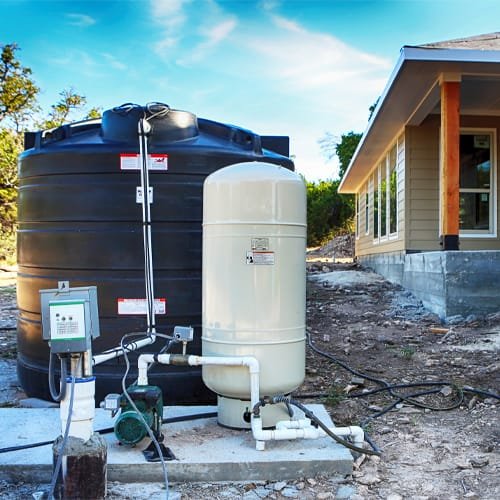Well water works by being sourced from underground aquifers and then pumped into a home or building for use. Drinking water from a tap may seem like a simple process, but have you ever wondered where this water comes from?
Table of Contents
Well water, as the name suggests, is water obtained from underground wells. It is sourced from aquifers, which are permeable rock layers capable of holding and transmitting water. This water is typically filtered naturally as it passes through layers of soil and rock, making it clean and free from many contaminants.
Once the well is drilled and established, a pump is used to bring the water to the surface where it can be used for various purposes. We will explore the functioning of well water systems, their advantages, and considerations for maintaining a healthy and reliable source of water.
How Is Well Water Obtained?

How Does A Well System Work?
Frequently Asked Questions Of How Does Well Water Work?
How Does Well Water Work?
Well, water is obtained by drilling a hole into the ground to access the underground water table.
What Are The Benefits Of Well Water?
Well, water is free from chemicals and additives, tastes better, and can save on utility bills.
How Deep Should A Well Be For Water?
The depth of a well depends on various factors such as water table depth and local geology, but typically ranges from 100 to 500 feet.
How Is Well Water Filtered?
Well water can be filtered through various methods such as sediment filters, activated carbon filters, and UV disinfection systems.
Is Well Water Safe To Drink?
Well, water is generally safe to drink, but it is recommended to test the water regularly for any contaminants and bacteria.
Conclusion
Well water is a natural, sustainable, and cost-effective source of water for many households. Understanding the functioning of well water systems is essential for maintaining water quality and ensuring accessibility. By being informed about how well water works, homeowners can make informed decisions about their water supply, leading to a more sustainable and self-sufficient lifestyle.




